An Act to Amend the Several Acts for the Encouragement of Learning, By Securing the Copies and Copyrights of Printed Books, to the Authors of Such Books, Or their Assigns
London: George Eyre and Andrew Spottiswoode, 29 July 1814.
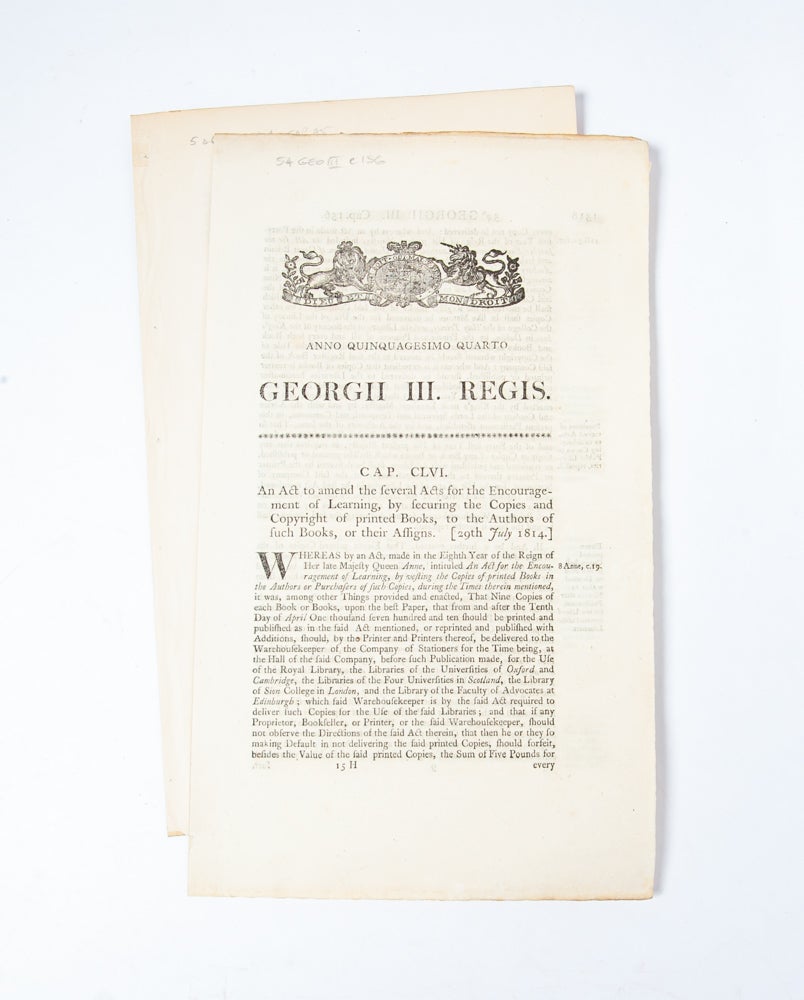

An Act to Amend the Several Acts for the Encouragement of Learning, By Securing the Copies and Copyrights of Printed Books, to the Authors of Such Books, Or their Assigns
London: George Eyre and Andrew Spottiswoode, 29 July 1814. First edition. Folio measuring 310 x 190mm in self wraps and collating complete in 6 pages. A Fine copy, unmarked but for one pencil annotation to the final page. OCLC reports 13 copies at libraries, with the present being the only example in trade.
[With] An Act to Amend the Law of Copyright. London: George Eyre and Andrew Spottiswoode, 1st July 1842. First edition. Folio measuring 298 x 185mm in self wraps and collating complete: 577-590, [2, blanks]. A Near Fine example, with a bit of soiling to the lower margins not affecting text; otherwise fresh and unmarked. OCLC locates two copies in libraries, with this being the only one on the market.
In 1814 and 1842, women gained significant legal traction in protecting their own creations. The first Act was the first revision to the 1710 Act for the Encouragement of Learning; and it expanded copyright retention from a minimum of 14 years to 28 years after the creation of a literary work (authors who outlived those 28 years would retain rights until end of life). Of monumental importance, however, was the specific language incorporated into the Act: the use of "he or she" to describe "the Author." While the Act made no explicit statement of women's rights, its grammar opened up copyright protections to women writers.
It would be 28 years later -- right as the first copyright extensions from 1814 were coming up for review -- that women authors' rights would be explicitly codified and protected. Taking away all ambiguity, the Act of 1842 stated that "whenever in this Act in describing any Person, Matter, or Thing, the Word importing...the Masculine Gender...shall be understood to include and be applied to...Females as well as Males." Rather than relying on a single technicality, women now were entitled to identical copyright protections for their literary work as their male contemporaries.
Taken together, these Acts provide a unique opportunity for examining the legalities of women's access to copyright; and they open the door to studying cases of copyright dispute pre-1842 and post-1842, to considering whether there was a notable increase in women's use of their own names in publishing, and to pursuing the number of women collaborators whose names began appearing on works alongside men's. Trans-Atlantic study is also possible. For while the U.S. initiated copyright law in 1790 and updated it in 1831 to reflect England's expansion to a minimum of 28 years, the Library of Congress reports that it wasn't until 1870 that the first work by an American woman was entered into the copyright registry. (Item #4513)

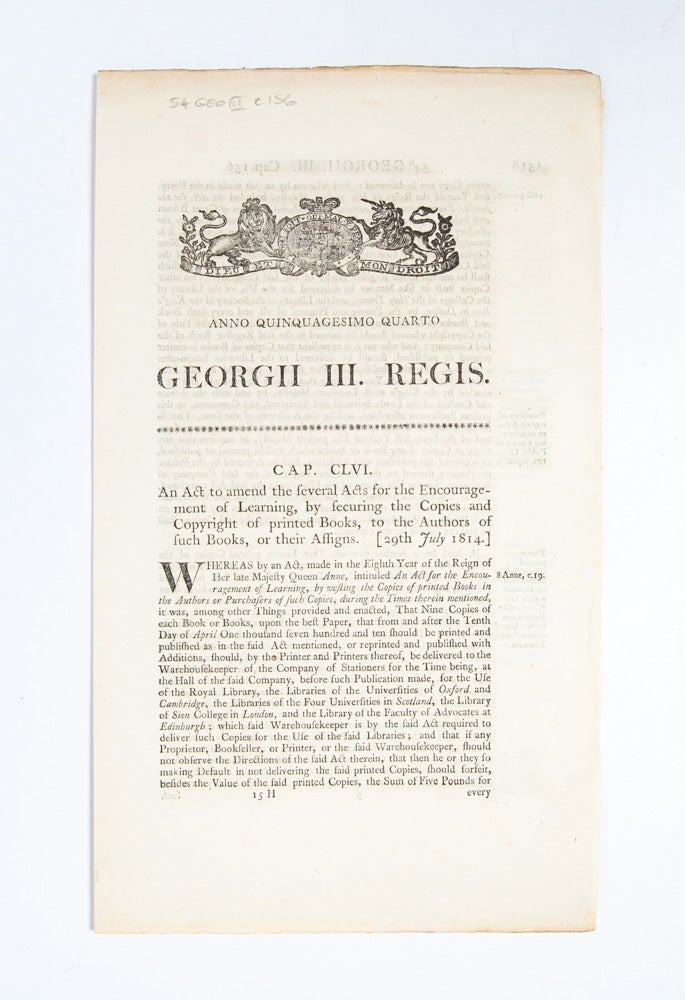
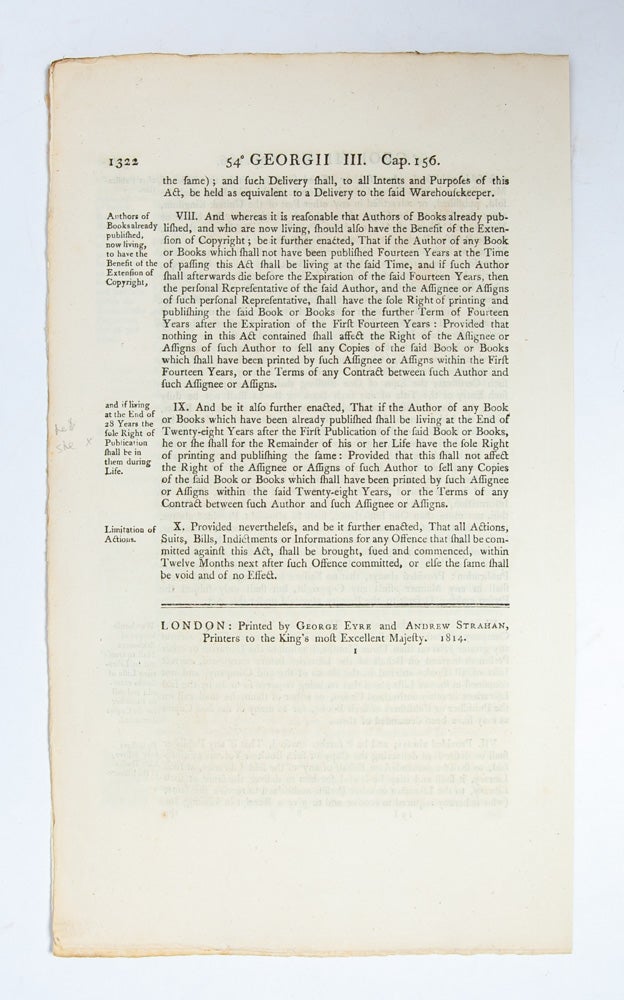
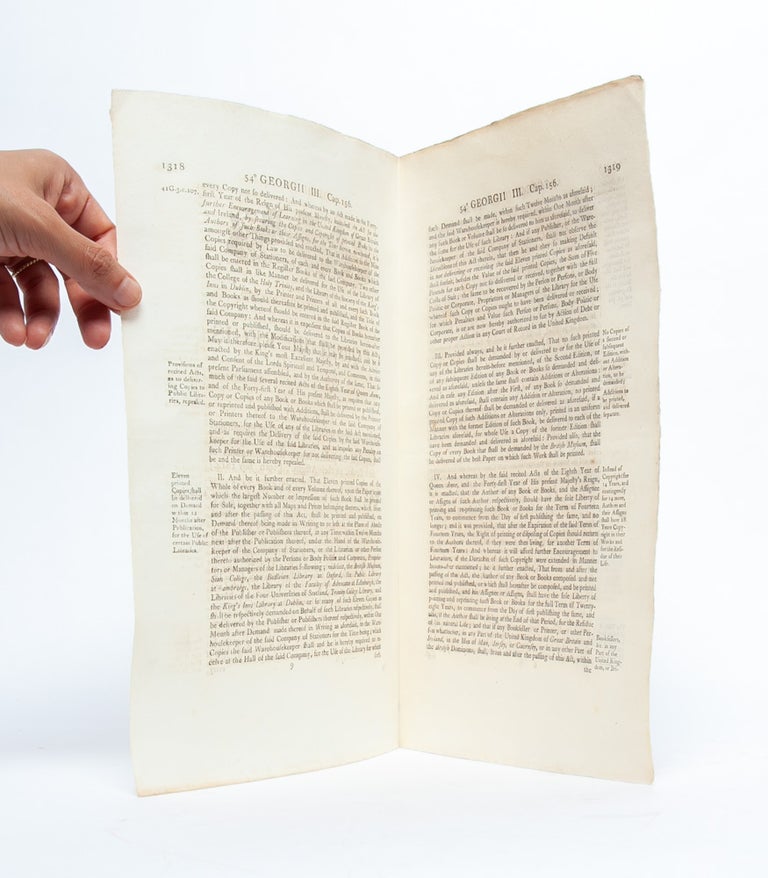
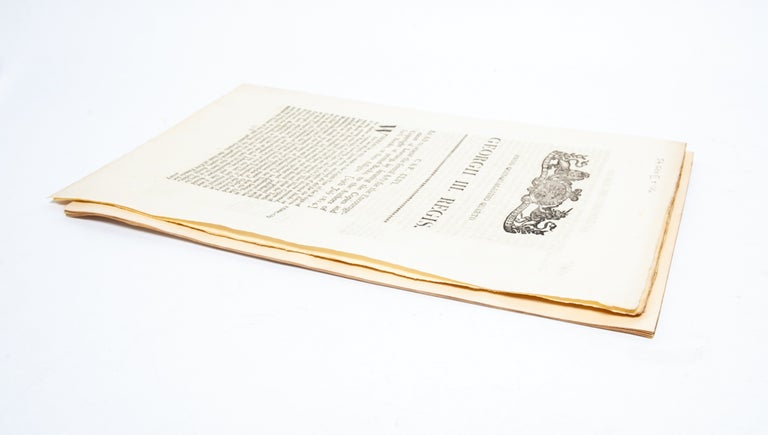
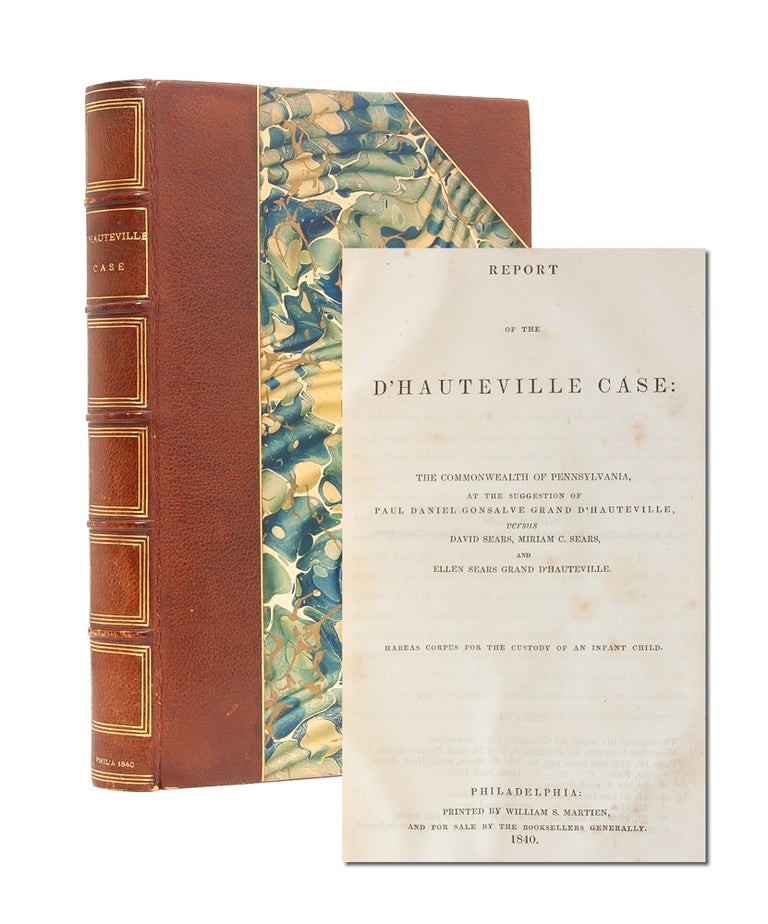
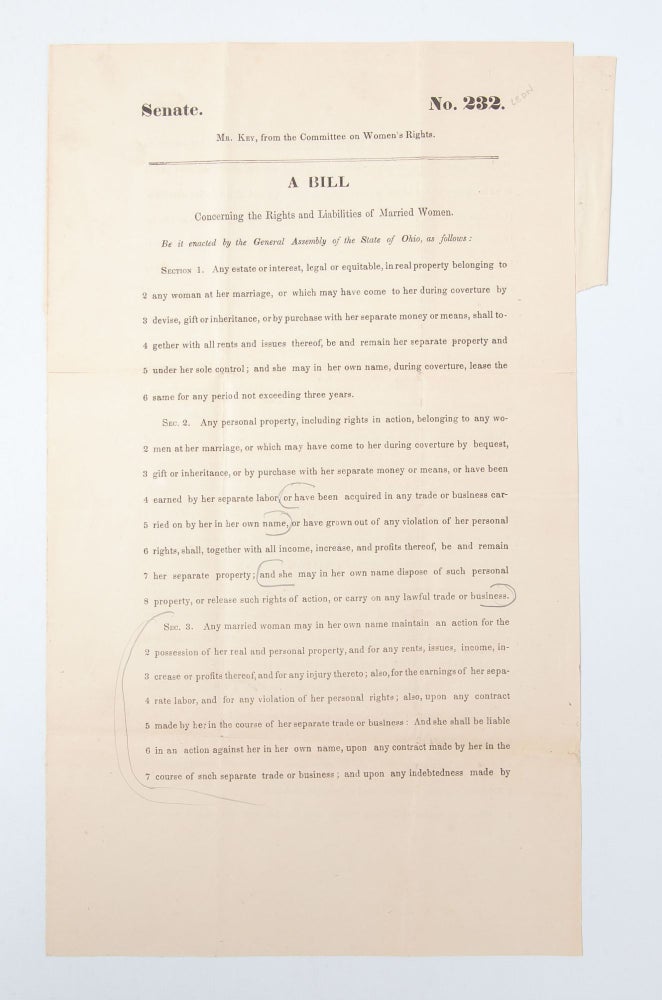
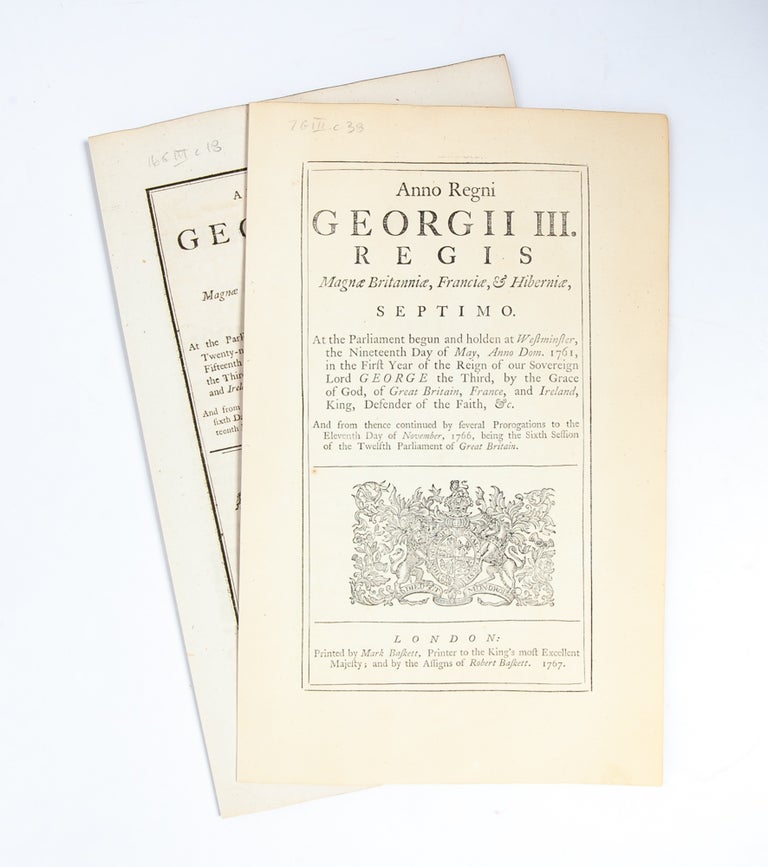
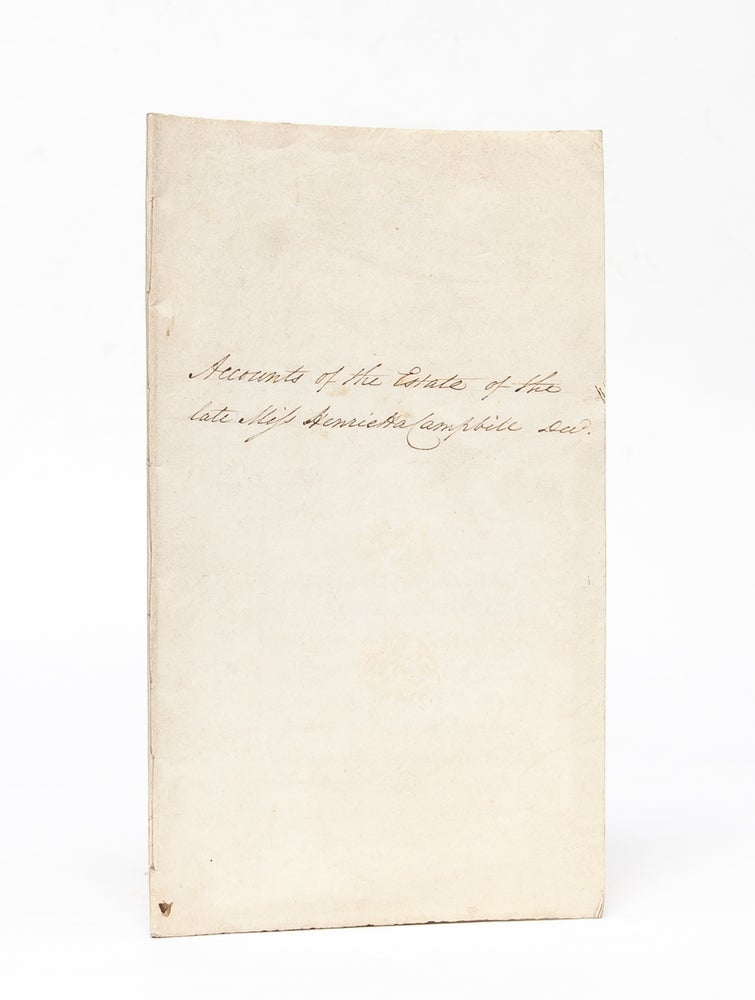
![Nuptiae Sacra; or an Inquiry into the Scriptural Doctine of Marriage and Divorce [with] Thoughts. Women's Rights, Marriage, Divorce.](https://whitmorerarebooks.cdn.bibliopolis.com/pictures/5554.jpg?width=768&height=1000&fit=bounds&auto=webp&v=1686945840)